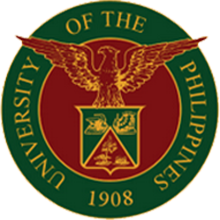Presentation Date:
Location:
This paper calls for an interdisciplinary approach on policy formulation regarding language of education in the Philippines. It has been long debated within the issues of Philippine education that in order for the students to comprehend pieces of instruction, language as the medium is important. The themes are particularly on the following: the language the students should learn, the language that would ensure what they are supposed to learn in that setting, and the other social and political functions of education (Bernardo, 2007). The rationale for the continually shifting policies between three relevant languages is that they bear different outcomes: (1) English is pushed because it is an international language; (2) Filipino is taught to promote a national culture which will raise nationalism within the society; and (3) there is a view that a multilingual approach would somehow preserve the multicultural background of the Philippines because students will be trained on using their languages. However, given their high linguistic diversity, communities in the Philippines have become even more varied when it comes to language situation at the present time (Xenos, 2011). A constant and rigorous dynamics among the members of these communities has made some of these policies démodé since most of their research database has been exclusively between education and language studies. The bases for the formulation of policies on language of the education system are the test-result based outcomes on learning based on experimental settings and sometimes on the advocacies of particular groups. There is indeed a call for other perspectives from different fields and methodologies to contribute to the formulation of the language policy. It is on this note that this study attempts to integrate different social sciences, such as anthropological ethnography, population studies and demography, and sociology and public policy studies, and employ researches on the field such as that which was conducted on Carabao Island in Romblon, Malabon in Metropolitan Manila, and archival work using the Philippine Census and Statistics in (re)discovering methodologies toward the possible encompassing determination, or non-determination, of a medium, or media, of instruction.
Co-presenter: Paolo Miguel M. Vicerra
